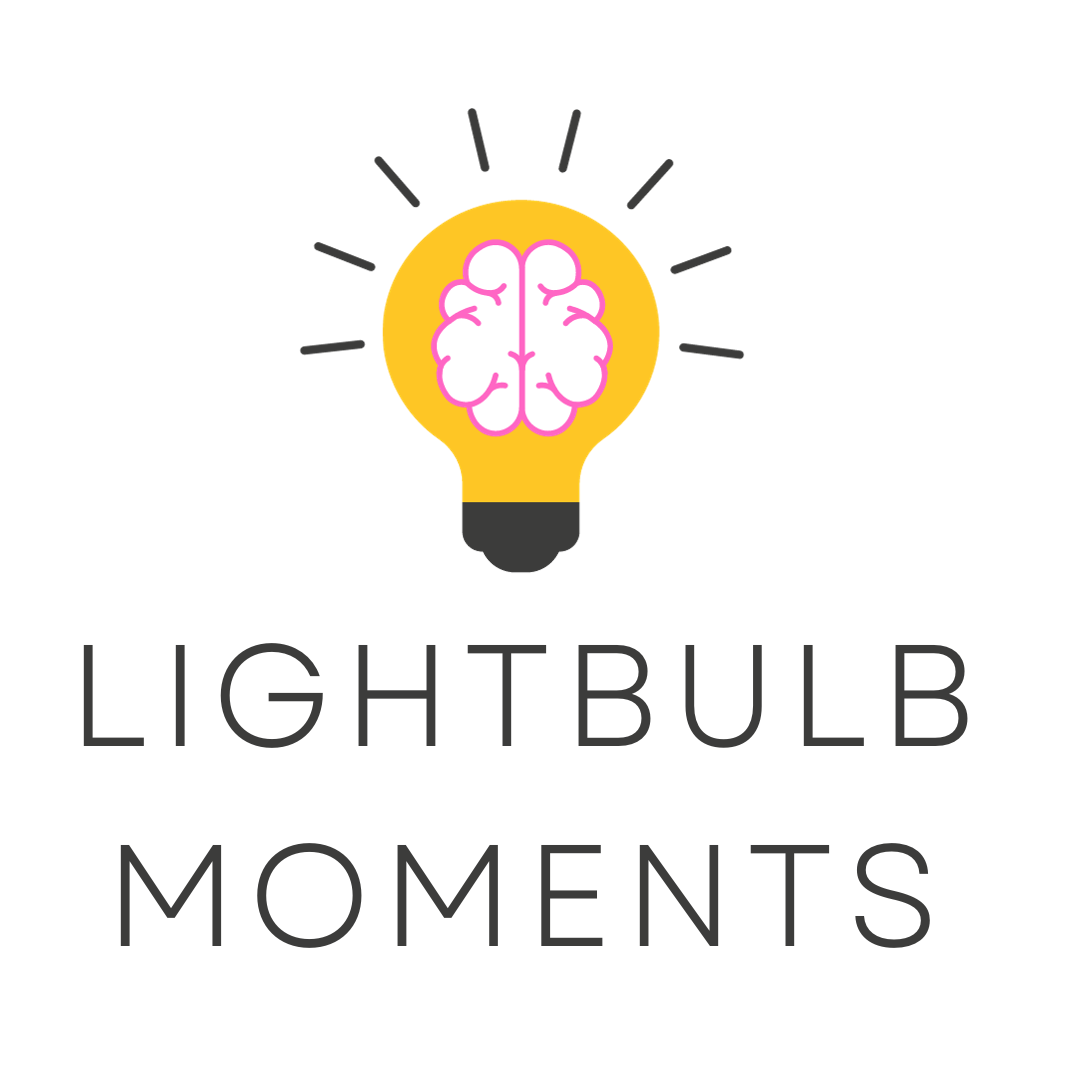Millennials - the superheroes bringing the fight to burnout culture
What's a Millennial?
Full disclosure. I'm a Millennial. If you don't know what a Millennial is - where have you been?! For the last 100 years (or so I can see) "we" have been grouping together people born between two time periods who share the same/similar values. We're talking work ethics, experiences, access and attitudes towards advancements in technology etc.
This isn't an exact science, in fact it is far from it which you can tell by Googling (other search engines are available) something along the lines of "What are all of the different generations?". Different sites will give you different datelines, so here's an overview that I think is pretty accurate...
Generation Alpha: 2021 - Now
Generation Z: 2001 and 2020
Millennials: 1981 and 2000
Generation X: 1965 and 1980
Baby Boomers: 1946 and 1964
Silent Generation: 1925 and 1945
Millenial’s bridge?
Why does any of this matter?
With each generation comes different characteristics, the one characteristic I'm focusing on is work ethic when I'm talking about Millennials being the superheroes here to rid the world of burnout. See with each generation comes a different work ethic, different priorities, a different focus. It is because of this that I believe that Millennials are going to stamp out workplace burnout culture - not least because so many of them have experienced it for themselves.
"A demand for work/life balance", "Acceptance of change", "Willingness to adapt to new technology". These are all characteristics that have been bestowed on Millennials. What's interesting about this is that they are in stark contrast to the generations before them, particularly Baby Boomers. Baby Boomers are characterised as having a strong work ethic. Crucially they tended to be in a "job for life" which meant they rose up the ladder in just one, maybe two organisations. Boomers are said to have a "be the first person here and the last person to leave" work ethic. They believe that focus and discipline are the key characteristics needed to be successful. Crucially, Baby Boomers would typically sacrifice life balance to get the work done. Boomers belief in discipline means that they expected things to be right and right the first time. Or else!
This matters because as a Millennial coming into the world of work we had Baby Boomers as our managers. Those managers that expected us to put work first. Those managers that expected us to come suited and booted to the office. Those managers that were highly committed to the success of the organisation above anything else - especially something as "soft" as the wellbeing of those who reported into them.
So Millennials went one of two ways, they complied and overworked and suffered from burn-out or they spent all of their working time in conflict with their manager trying to explain that there was a better way. As a Millennial there was nothing more anxiety inducing that your manager "wanting a quick catch-up" or as stressful as having to admit that you weren't sure exactly how to do that thing that you've never done before.
The tides are turning
But guess what, the tides are indeed turning. Why? Because those elder Millennials are now heading into their 40s and they are managers. They are senior leaders and they don't want their direct reports to suffer the same fate as them. This is why I believe that the more Millennial managers we have the less employee burnout there will be. A BOLD statement, I know, so let me break down why I think this.
Millennial managers mindset:
Work smarter, not harder. If you can get your full weeks work done in 4 or 4.5 days - have at it! Kudos to you! I support you!
There's no expectation to work late, in fact if you're working late then I'm questioning your efficiency. Work what you're paid to work!
Put yourself first, as much as an organisation will say that they are there for the employees - we're all replaceable, so when in doubt, put yourself first.
Work to live, don't live to work. It's highly unlikely you're going to ever have holiday requests denied and guess what, you don't have to tell us what you're doing. Even if you've got a side hustle - go for it!
There is an expectation that you make mistakes - and we've got your back when you do. If you're not making mistakes then you're not pushing yourself and innovating.
Check in often, we want to know how you're doing - but REALLY how you're doing. Need help on a project? Not sure who to go to? We will champion you.
the tides are a turnin’
So what?
If we think about the impact of the above, what I expect us to start to see is that employees suffer less from burnout. This is because their Millennial managers are having weekly check-ins with them, because their millennial managers don't want the same fate to befall their direct reports as befell them and so are trying to turn the tide on the live to work culture. I predict that this will lead to:
A more engaged workforce because employees feel more valued
A reduction in time off sick and therefore a reduction in the cost of sickness absence per annum
The creation of a more accountable workforce leading to increased productivity
A nicer working environment where communication and trust is key
So go ahead, go and promote that Millennial in your life. Go give a Millennial hug for fighting against the system that they were introduced to. As a Millennial I believe that you can still be a great employee whilst also not working yourself to death by the time you're 45.
Baby boomer and disagree?
Millennial and agree?
Gen Xer wondering why I've completely skipped your latchkey generation?
Drop me a message!
For now,
Toodles x





